‘Yakuza’ Franchise Producer Masayoshi Yokoyama Pushes Back Against Criticism Of ‘Like A Dragon: Infinite Wealth’ English Localization: “There Is No Difference Between The Japanese And International Versions”

In offering a local and industry-related take on the currently ongoing round of Japanese-to-English media localization discourse, long-time Yakuza franchise producer and writer Masayoshi Yokoyama says that the recent outrage directed towards the series’ Western localizers, particularly those behind the newly-released Like A Dragon: Infinite Wealth is completely unfounded.
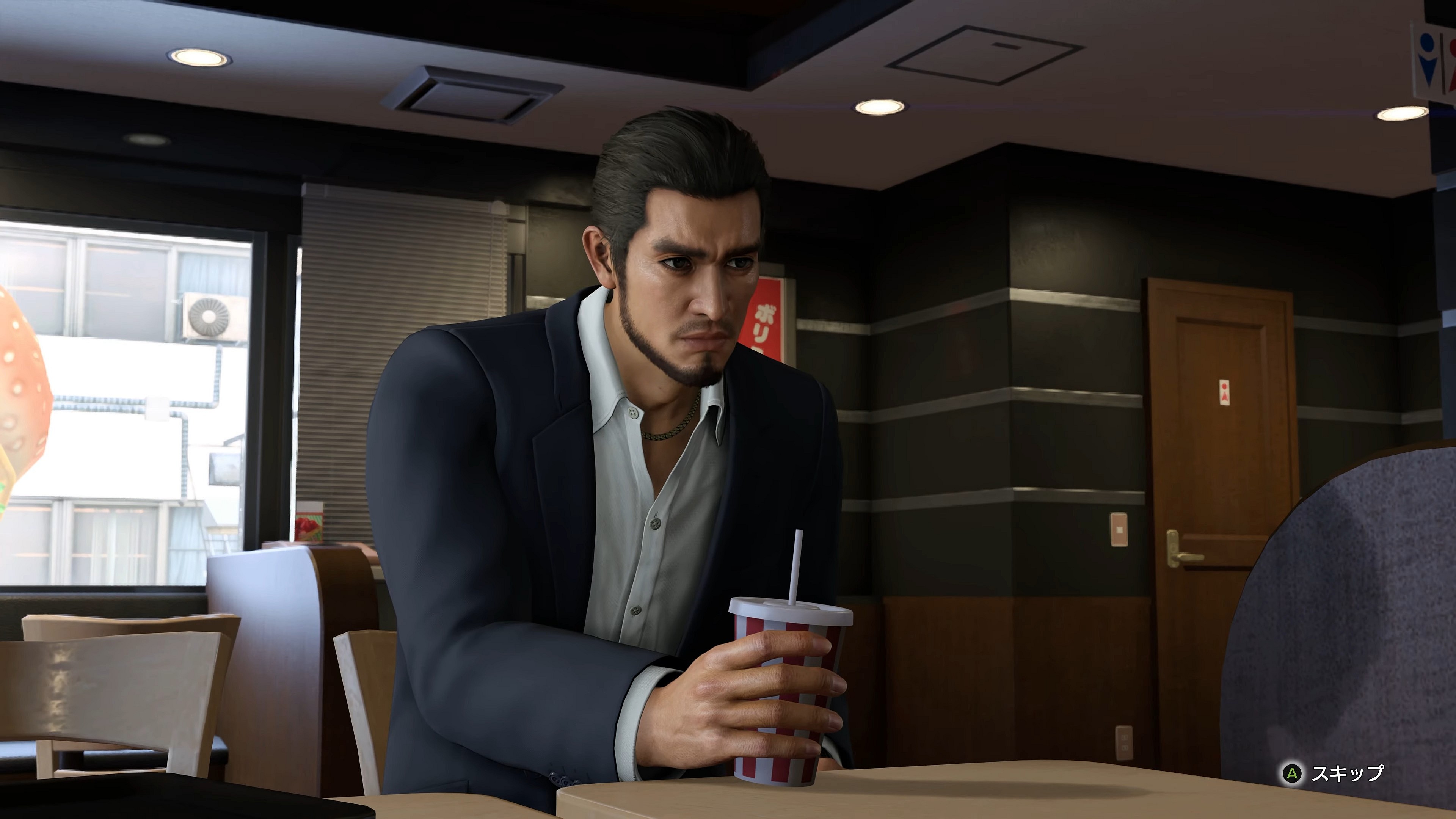
The chain of events which led to this insight from Yokoyama began on January 25th with the publication of The Japan Times’ now infamous pro-localization article, “From Japan to the world: how to translate a game“.
Penned by the outlet’s Mathias Cena, the article soon became the talk of the social media due to the fact that it not only attempted to disingenuously claim that the Western localization industry’s recent turn to retaining the local names, foods, and locations in Japanese video games was proof positive that its work was more respectful than ever to their source materials, but also included self-incriminating quotes on the matter from actual, currently-working-in-the-industry localization teams.
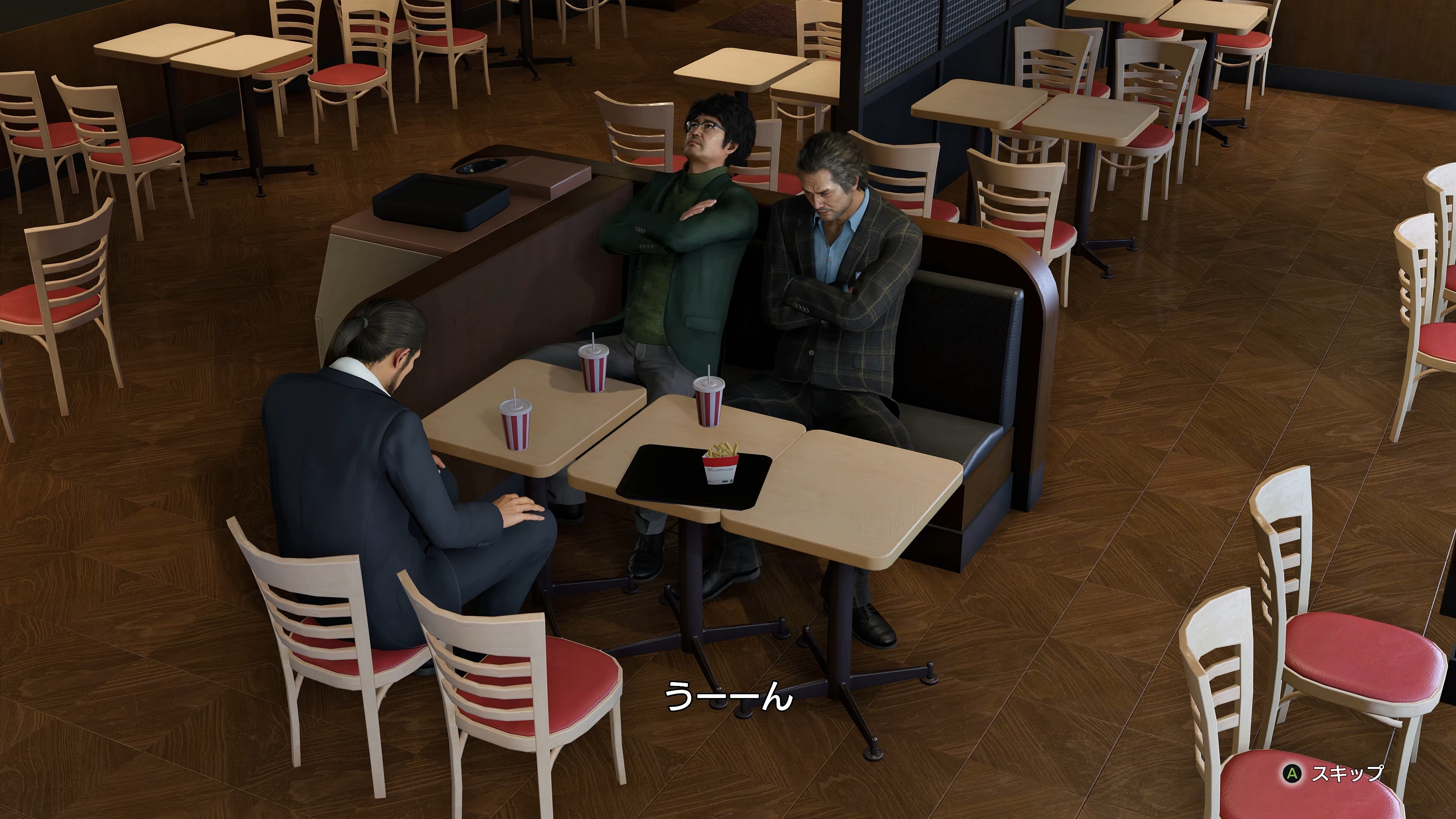
And though it was Bandai Namco’s attempts to positively frame their puritanical censorship of female character designs as an objectively good undertaking that would draw the most attention to the article, a separate comment given by Masayoshi therein managed to draw its own fair share of fan ire.
“Many representations which were normal in Japan in the first Like a Dragon games are no longer acceptable today,” the series producer told Cena. “We ask our teams in the United States and Europe to read the game’s script, and they tell us if they see things that wouldn’t be acceptable in their country.”
From there, tensions were further inflamed when SEGA proudly shared the article to their official Japanese company Twitter account, an act which was seen by fans as a tacit endorsement of its censorship apologism.

Unsurprisingly, this sharing of the article was met with such a massive wave of backlash from fans that, whether for good reason or in an attempt to simply avoid any more criticism, the company eventually responded to their critics by updating their Customer Harassment Policy to specifically include clauses against “Requests for apologies, demands for compensation in the form of money, etc., or demands for punishment of the Company’s employees, etc., without any reasonable reason,” “Excessive repetition of the same request or complaint, including long-time detention or reprimanding,” and “[any] other actions that, in the Company’s judgment, would cause severe mental stress or fear, or would cause an unacceptable degree of disturbance.”

The situation broke-down even further following the January 26th release of the Yakuza series’ latest entry, Like A Dragon: Infinite Wealth, and the subsequent discovery of the English version’s take on one of an in-game discussion regarding the concept of gender roles.
First, some background: While out getting food with his buddies Yu and Koichi, current series protagonist Ichibian recalls his first and only date with their mutual friend Saeko, eventually admitting to them that their outing ended with him vomitting out a frantic and rushed marriage proposal.
“I swear on my honor as a man, no matter what happens, I will always be there for you!” the love-struck Ichibian can be heard proposing in a flashback, per the game’s English script. “Listen. I know how hard it is to go it alone, especially as a woman. To run things at the club like you do, all while looking out for your dad and sister? That’s incredible! But if we’re together, you won’t have to bear all that on your own anymore! I’ll help you look after you dad, and if anything at all happens with Nanoha [the sister], I’ll be right there. I’m serious, you won’t even have to work.”
[Time Stamp: 01:35:22]
“You can just hang at home and leave the rest to me,” he continues, still trying to sell himself to Saeko. “And I wouldn’t push all the housework on you, either. I’ll clean, cook, do laundry, shop, whatever you want! And if we have a kid, you can bet I’ll raise him right! And then, one day, maybe we could all visit [their group’s former mentor] Arakawa-san’s grave together! I’d tell him, ‘Look at this happy family. You can rest easy up there ’cause I’m doin’ just fine down here!”
Unfortunately for Ichiban, his heartfelt plea is ultimately rejected by Saeko, and the pair’s night ultimately comes to an end with the two going their separate ways and individually walking home alone.
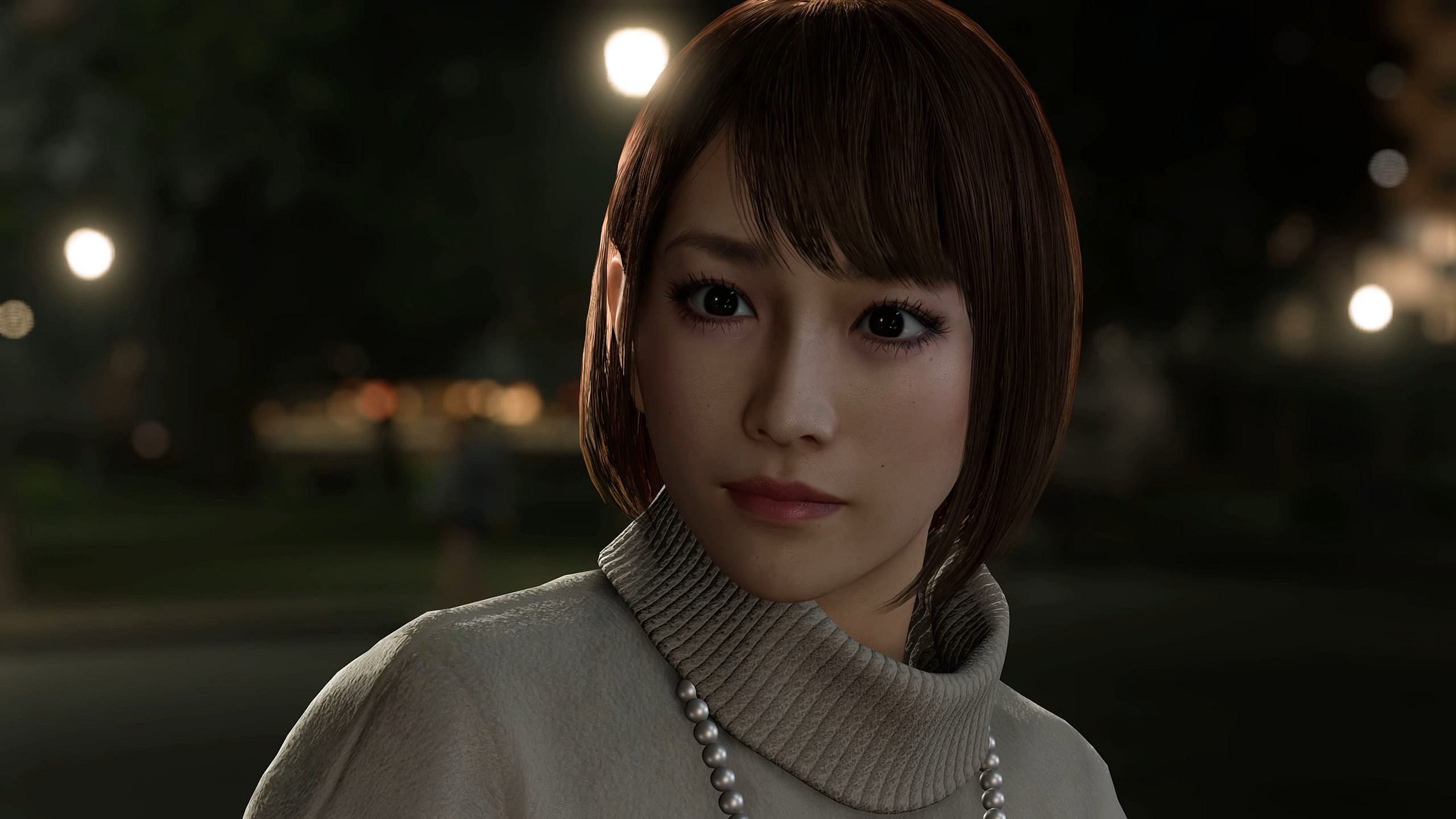
Back in the present, Ichiban’s story is met with criticism from his friends, both of whom cannot believe that he would pull such a romance taboo as proposing on the first date.
In the original Japanese version of this scene, per a translation of its subtitles performed by Google Translate, the part of this interaction relevant to the this article plays out as follows (with some minor editing made for clarity):
Koichi: Is there a fool who would propose on the first date?
Ichiban: It’s embarassing…
Yu: Well, I can understand if it just makes you feel gross, but I don’t think Sacchan would get mad at that.
Ichiban: No, Sacchan wasn’t angry at all! She just suddenly said “I’m going home now.”
Koichi: Idiot, that’s her being angry. That’s her being furious. She’s really, really angry”.
Yu: Ah, it’s over. Game over.
Koichi: Namu Amida Butsu, Namu Amida Butsu [A recitation of a Buddhist calming/purification prayer which roughly translates to ‘I take refuge in Amida Buddha’, often given on one’s deathbed].
Ichiban: Hey! Stop saying that and help me! I don’t even know what’s going on anymore!
Yu: Things were going well during the date, right?
Ichiban: Well, at first I was awkward, but by the middle of it, Sacchan seemed to be having fun. I think. Well, maybe she’d grown tired of me.
Yu: *mocking* Ah, I don’t understand everything anymore. I’m in doubt mode. Where is this ‘Hero of Yokohama’? [A title earned by Ichiban at the end of the last game].
Koichi: If that were the case, you would have given up on Saachan and went home halfway [through the date].
Yu: If that’s the case, he must have said something really bad when he proposed. What did you say? Can you repeat it now?
Ichiban: Huh? Now? I’m embarassed…
Koichi: Idiot, if you don’t know what you said, you can’t ask for advice. Come on! Here we go!
Ichiban: Uh…First of all, I’m a Yakuza and I’m poor. I think I’m stupid, but now i’m working seriously and don’t drink, smoke, or gamble that much. I’m sure I said something like that.
Yu: Hmmm, well, I don’t think I’ll get caught up in that.
Koichi: So? What next?
Ichiban: Next I said, even though I don’t have that kind of merit, I’ll make Sacchan happy. So please marry me.
Yu: Hmmm
Ichiban: What?!
Yu: You know, do you think a girl like Sacchan, who works hard and lives her own life, would be happy if someone told her ‘I’ll make you happy?’
Ichiban: Ah!
Koichi: Well, I understand you don’t have that kind of intention, but saying that in a marriage proposal would be a fatal blow.
Yu: I feel like I already know the reason [why Sacchan turned you down], but what did you say after that?
Ichiban: Next is…Even though Sacchan is a woman, she does a great job at work and taking care of her family, which is great.
Koichi: Hey hey! You can’t say ‘Even though you’re a woman’ these days!
Ichiban: Huh?! Is that so?!
Koichi: ‘Because you’re a woman’ or ‘Even though you’re a woman’ – There are a lot of people these days who get annoyed by language that make judgements based on gender, not just women.
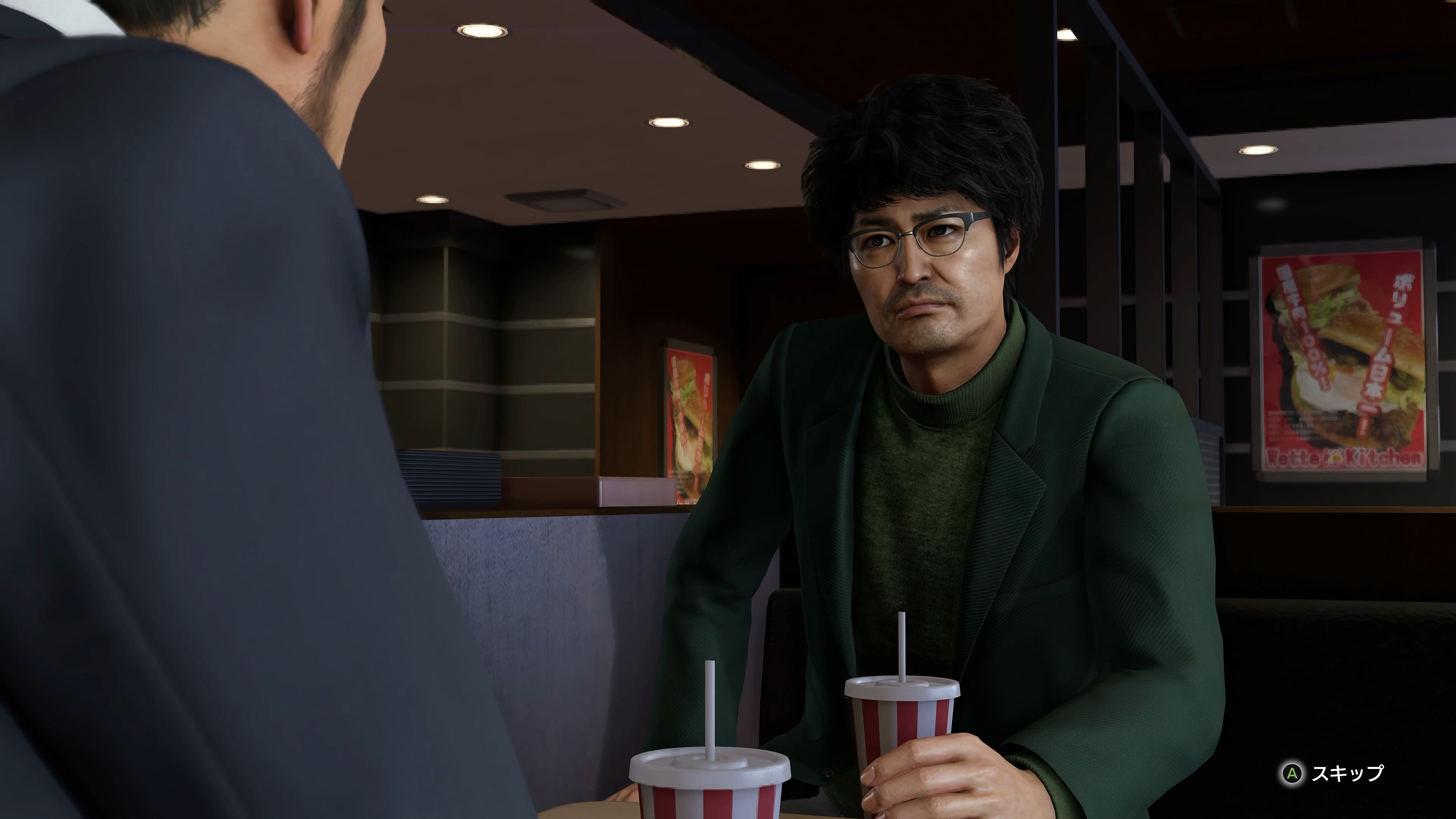
In English [Time Stamp: 01:37:58 in the video above], the scene plays out much the same way, with both Yu and Koichi eventually haranguing Ichiban for his unintended insulting of Saeko.
Koichi: Good grief. What kinda moron proposes on the first date?
Ichiban: …I dunno what to say.
Yu: I mean, I could see her getting turned off or something, but I doubt Sa-chan’d be mad about it.
Ichiban: Well, no, she wasn’t mad, I don’t think…She just said she was leaving all of a sudden.
Koichi: Idiot. That means she’s mad. Possibly fuming. Dare I even say seething.
Yu: Well, that’s it, then, boys. Game over.
Koichi: Best put the ol’ dream out to pasture.
Ichiban: Hey! Quit screwing around and help me out! For real, I got no idea what’s what anymore!
Yu: So the date itself…that all went fine, right?
Ichiban: I mean, I was really nervous and awkward at first, but eventually Sa-chan started having a lot of fun. At least I think she did…You know, now that I think about it, maybe she was already fed up with me at that point…
Yu: Uh-oh. This is where it all starts. The doubt’s rolling in. So much for the ‘Hero of Yokohama’.
Koichi: Hang on, this is Sa-chan we’re talking about. If she wasn’t feeling it, she would have ducked out real fast.
Yu: In that case, you must have said something pretty stupid in that proposal. What did you say? Give us the spiel, eh?
Ichiban: Huh? Now? It’s kind of embarassing…
Koichi: Dumbass. If we don’t know exactly what you said, we can’t help you. Now! Spit it out!
Ichiban: Uh…Well, first…I talked about how I’m poor, and how I used to be in the yakuza. I mentioned I wasn’t too smart, but that I was working an honest job. I said I don’t drink, smoke, or gamble much. Yeah, that was a good chunk of it.
Yu: Hmm…So far, so good. No red flags or anything yet.
Koichi: So? Then what?
Ichiban: Uh, then…Right, I said I didn’t have much going for me, but I swore I’d make her happy. And, yeah, after that, I proposed.
Koichi: Hmmm
Ichiban: What is it?!
Yu: Listen Ichiban. Sa-chan’s a hardworking, independent woman. You think a girl like that really needs someone to gallop on in and save the day?
Ichiban: Wait!
Koichi: Look, I know you didn’t mean it like that, but if there was ever a way to screw up, that was it.
Yu: Sounds like we got our culprit, but what else did you say?
Ichiban: Uh, after that…I said I love that she’s so responsible, how it’s really impressive for a woman to do what she does…
Koichi: Wait, what!? You really said “for a woman”?
Ichiban: Huh!? Was that bad!?
Koichi: Stuff like ‘for a woman’ or ‘even though you’re a woman’, that kinda talk can come off as pretty sexist, even if you’re juist hanging with us guys.
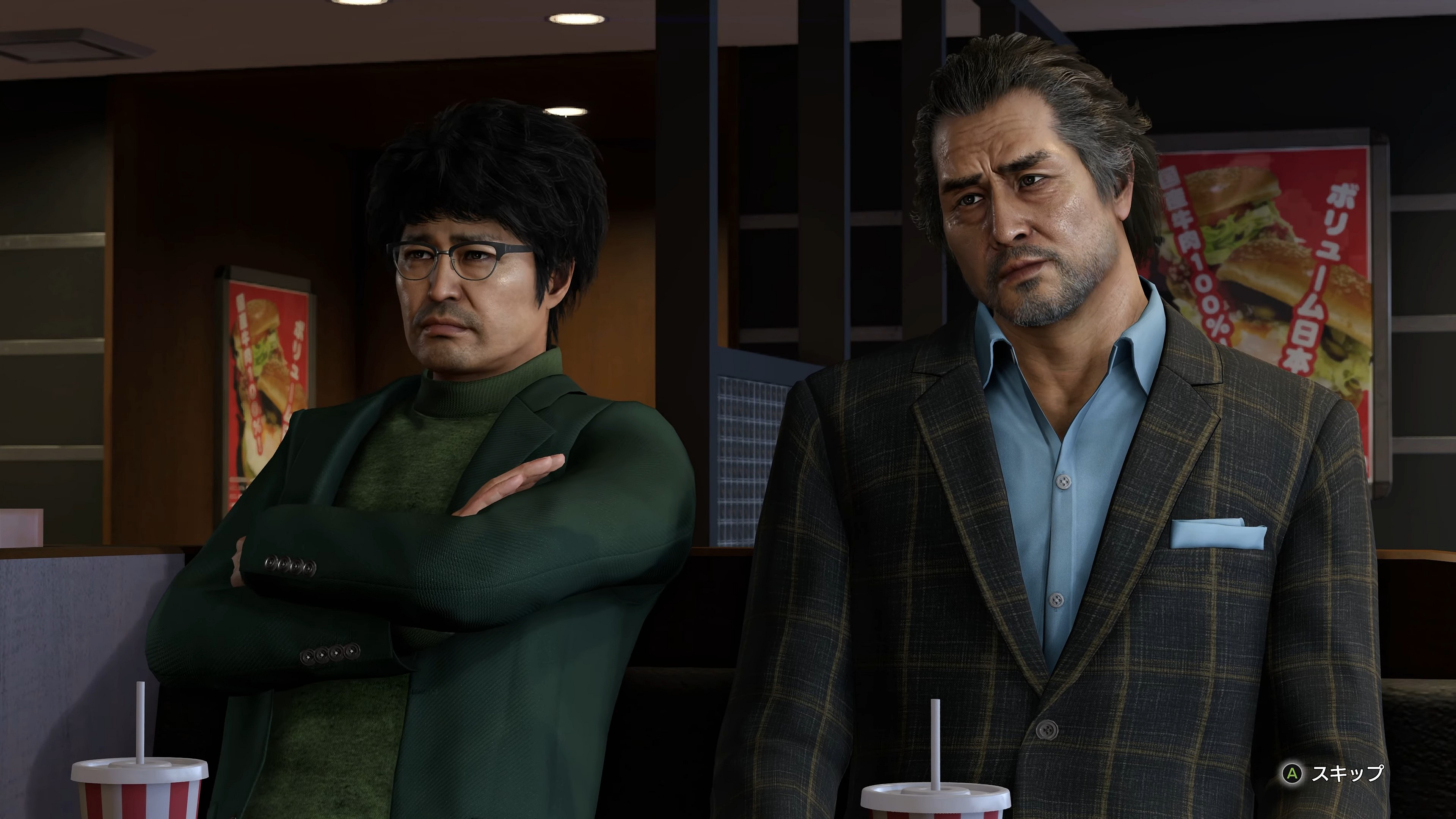
RELATED: SEGA Announces Live-Action Yakuza Adaptation Under Supervision Of Series Creator Toshihiro Nagoshi
However, despite both versions of the scene communicating the exact idea that Yu and Koichi believe Ichiban screwed-up majorly by ignoring Saeko’s independent personality and qualifying her accomplishments according to her gender, the English version’s use of the terms ‘hardworking, independent woman’ and ‘sexist’ – the latter of which has become a loaded sociopolitical term in Western society over the last decade – led many to claim that Like A Dragon: Infinite Wealth was yet another victim of malicious localization.
Perhaps most notably among such critics was the video game news outlet Niche Gamer, who in the headline to their coverage accused the above scene’s English version of being “rife with feminist agenda“.
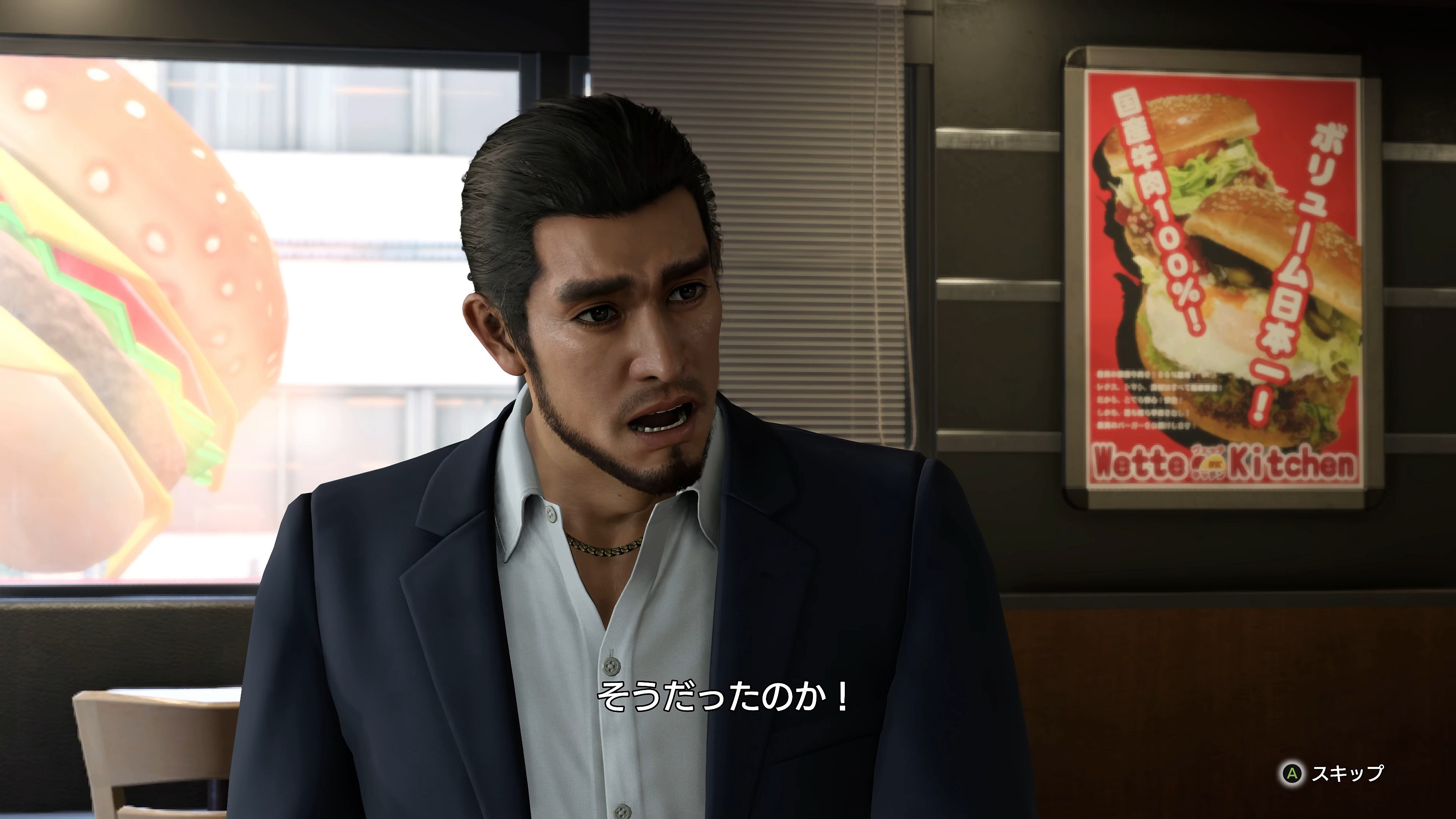
And it was in the wake of the outrage towards both his comments to The Japan Times and the inflammatory framing of Ichiban and crew’s lunch meeting that Yokoyama took to Twitter on January 31st to offer his own two-cents on the entire affair, starting with the assertion that “something seems to be coming across the wrong way, but we don’t change the original (Japanese) content in localization.”
“We have it checked for unintended derogatory or discriminatory expressions, religious issues, etc., and then we fix it in the original script,” he continued. “In other words, there is no difference between the Japanese and international versions.”

“I have them check to make sure there are no unintentional derogatory terms, discriminatory expressions, religious issues, etc., and then correct them with the original script,” explained the Yakuza producer, as translated by DeepL. “In other words, there is no difference between the Japanese version and the overseas version.”
Next turning to address the accusations that “the localization staff is evil,” Yokoyama stated, “There are replies like that, but I’ve never been asked to change the content.”
“[For example, they’ll ask us to change something if] a character’s name sounds like a local racist term, or a mark looks too much like a real organization, or something like that,” he added. “Besides, the person in charge of localization is also SEGA, and we are friends. If you can’t believe that, you can’t make games (laughs).”

To this end, the Jet Set Radio series planner then noted, “And the ethics checks on the Japanese side are 100 times stricter (laughs),”(Laughs) To begin with, the original has been rewritten due to foreign influences! (In the first place, the original has been rewritten by foreign influences!”
-そもそもオリジナルが海外の.png?w=652)
Drawing his thread to a close, Yokoyama then drew the public’s attention to the fact that “[Yakuza developer] Ryu Ga Gotoku Studio in Japan also have planners and designers whose native languages are English and Chinese, and they do play checks in those languages, so any strange changes are noticed immediately.
“I’m sure it’s not that strange (laughs),” he then asserted. “Anyway, I trust my colleagues at SEGA.”

Adding a post-script to his thoughts, the Yakuza writer turned to defend Bandai Namco’s statement regarding skirt length on the grounds that the practice of censorship-via-localizers has become a common practice in the industry.
“[When] staff [asked] “Isn’t it too short?”, I said, ‘Well, it sure is. It’s too graphic. It looks cold, and it’s not a modern outfit, so I’m going to change it. After the usual exchange, I asked Mr. MB to supervise the costume. It is normal to receive and consider suggestions from team members.”
(As of writing, it is unclear just which outfit and which game Yokoyama is referring to in this anecdote.)

Offering one final thought on the topic, Yokoyama ultimately concluded, “As I mentioned in my conversation with [Koichi Adachi’s voice actor] Akio Otsuka about Yakuza 3, if I made it today, I would not make the school bags of the children the Asagao orphange uniform by gender, with black for boys and red for girls. Because that is the change in the world. I will continue to accept change as neatly as I can.”
の時、大塚明夫さんとの会話で話しま.png?w=652)
NEXT: Sega Seeking To Produce Live-Action Adaptations Of Atlus Games Including Persona Series
